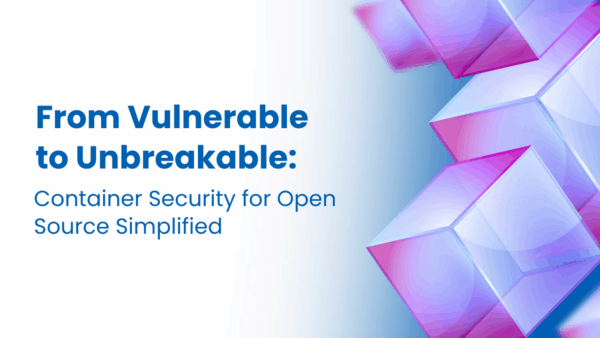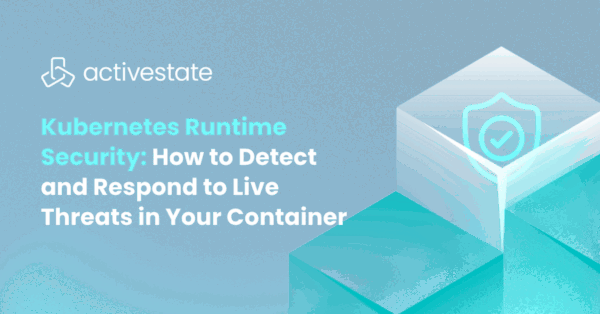Vancouver, BC, November 17, 2014 – ActiveState today announced Stackato 3.4 support for SUSE Cloud 4, delivering a readied solution for enterprises adopting Cloud Foundry on OpenStack for application lifecycle management and accelerated deployment. The partnership provides infrastructure services and platform services to meet the current and emerging needs of enterprise IT, growing in complexity and increasingly including hybrid cloud strategy. SUSE and ActiveState will work together on tighter integration with SUSE Linux Enterprise Server and SUSE Cloud, and the companies will promote the solution through joint ‘go to market’ activities.
SUSE Cloud 4 is the latest version of SUSE’s enterprise OpenStack distribution for building multi-hypervisor, highly available Infrastructure-as-a-Service (IaaS) private clouds. To assist organizations in maximizing their IT investments and to ease adoption of OpenStack, new features include full support for Ceph, advanced VMware capabilities, enhanced scalability, and automated configuration and deployment of highly available OpenStack services.
ActiveState’s Stackato enables agile enterprises to develop and deploy software solutions to the cloud faster than ever before and manage them more effectively. Stackato includes built-in languages, frameworks and services on a single cloud application platform, and provides enterprise-level security and world-class support. ActiveState and SUSE’s partnership serves the needs of enterprise IT for control, flexibility and accelerated application deployment.
“Our customers are increasingly asking about Cloud Foundry PaaS solutions, and ActiveState’s Stackato is the established leader in that market,” said Naji Almahmoud, Global Head of Business Development for SUSE. “The Stackato platform running on SUSE Cloud offers our customers more choice and flexibility during the development process and speeds deployment for their applications. As our joint customers’ needs and market conditions evolve, we anticipate exploring further areas in which to partner and integrate.”
“ActiveState is pleased to provide Stackato support for SUSE Cloud 4,” said Wyatt Mullin, ActiveState VP, Strategic Alliances. “We look forward to working with SUSE and supporting clients with our Stackato PaaS, known as the easiest way to get started with Cloud Foundry.”
Resources
- Stackato 3.4 support for SUSE Cloud 4 is available now. Please contact your SUSE sales representative for more information.
- Attend ActiveState’s SUSECon session.
- For more information on the ActiveState and SUSE partnership, visit this page.
- For more information about Stackato 3.4, visit “What’s New in Stackato.”
About ActiveState
Founded in 1997, ActiveState is a global leader providing software application development and management solutions. The Company’s products include: Stackato, a commercially supported Platform-as-a-Service (PaaS) that harnesses open source technologies such as Cloud Foundry and Docker; dynamic language distributions ActivePerl, ActivePython and ActiveTcl; and developer tools such as the popular Komodo Edit and Komodo IDE. ActiveState is trusted by customers and partners worldwide, across many industries including telecommunications, aerospace, software, financial services and CPG. The Company is proven for the enterprise: More than two million developers and 97% of Fortune-1000 companies use ActiveState’s solutions to develop, distribute, and manage their software applications. Global customers like Bank of America, CA, Cisco, HP, Lockheed Martin and Siemens rely on ActiveState for faster development, ensuring IT governance and compliance, and accelerating time to market. To learn more visit, ActiveState.com.
Follow ActiveState on Twitter @ActiveState and ActiveBlog.
Contact:
Navrup Johal
pr@activestate.com
778-786-1123





